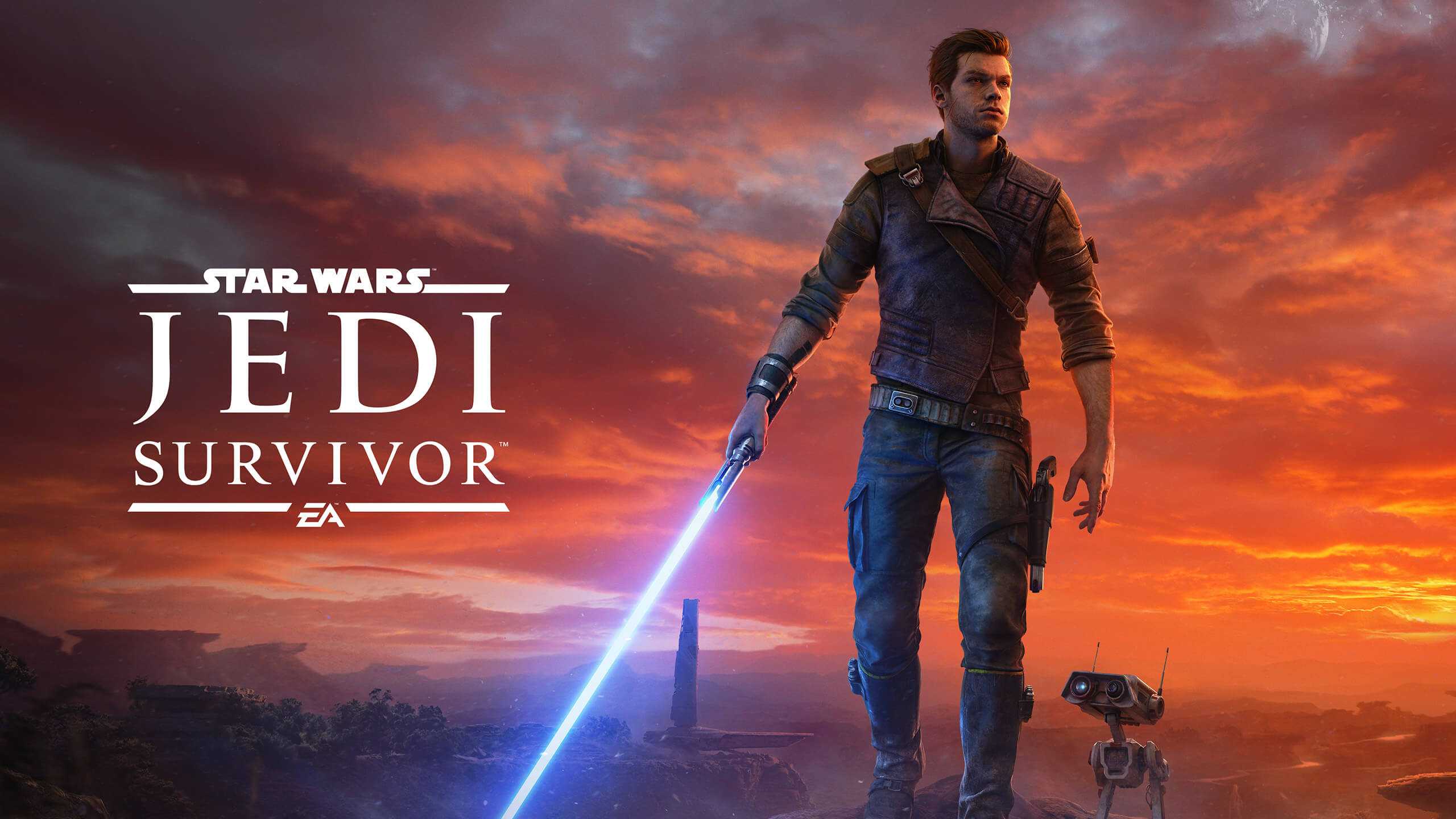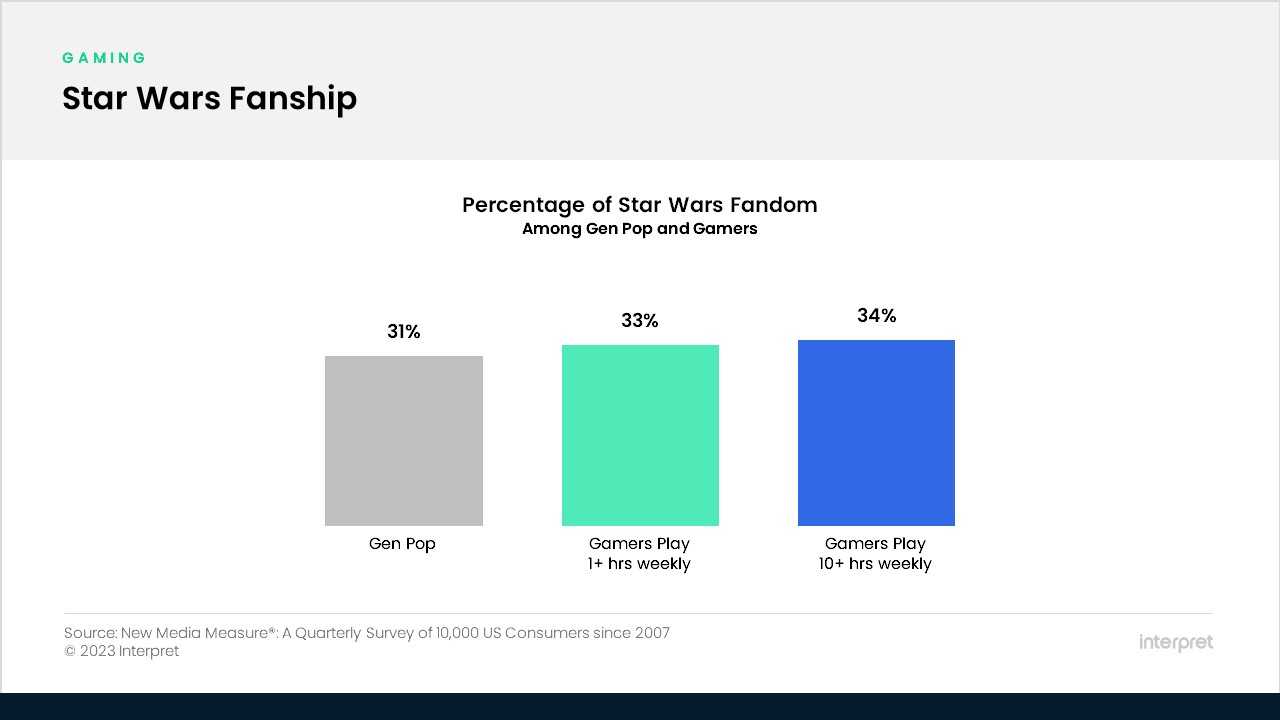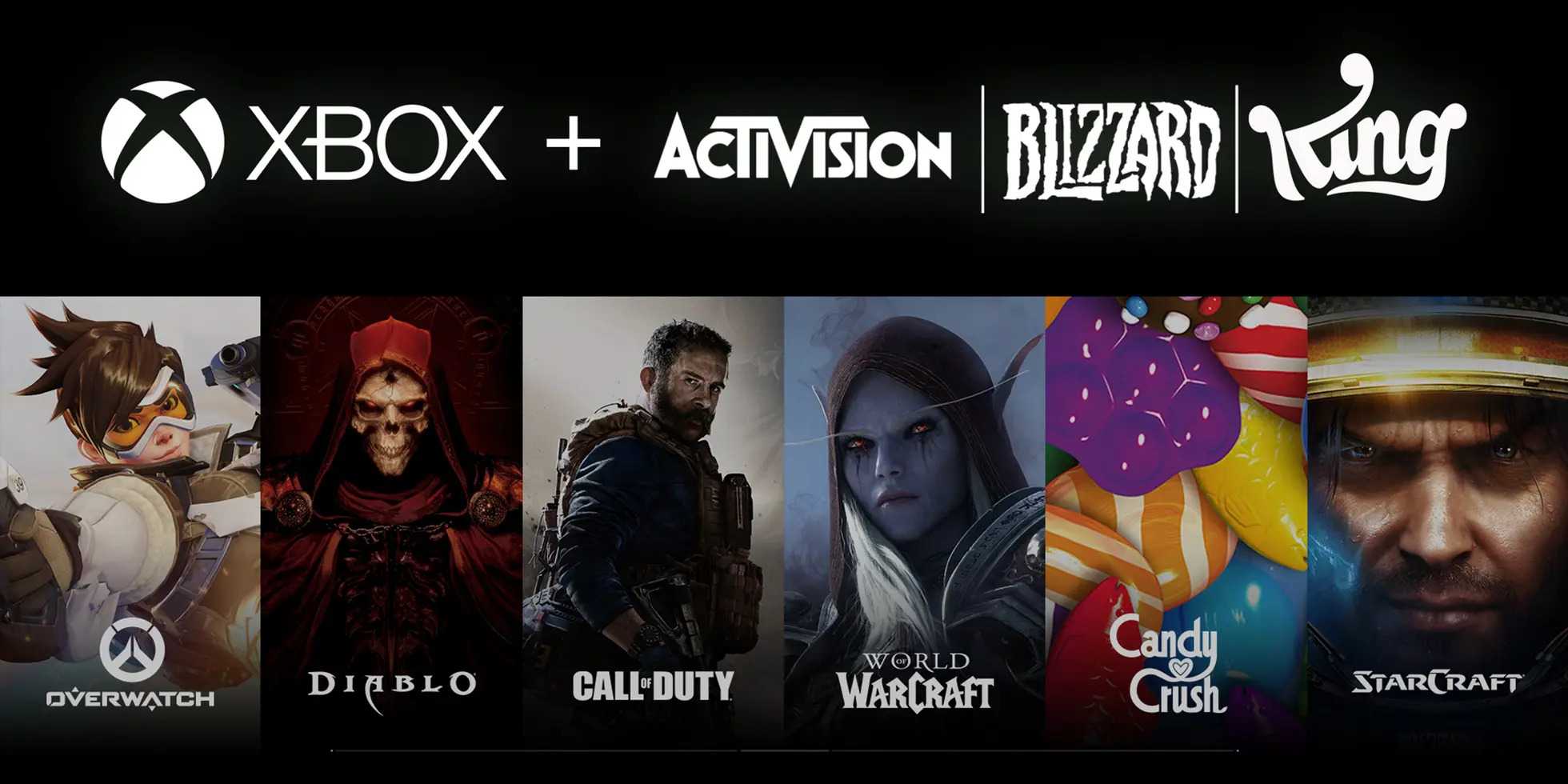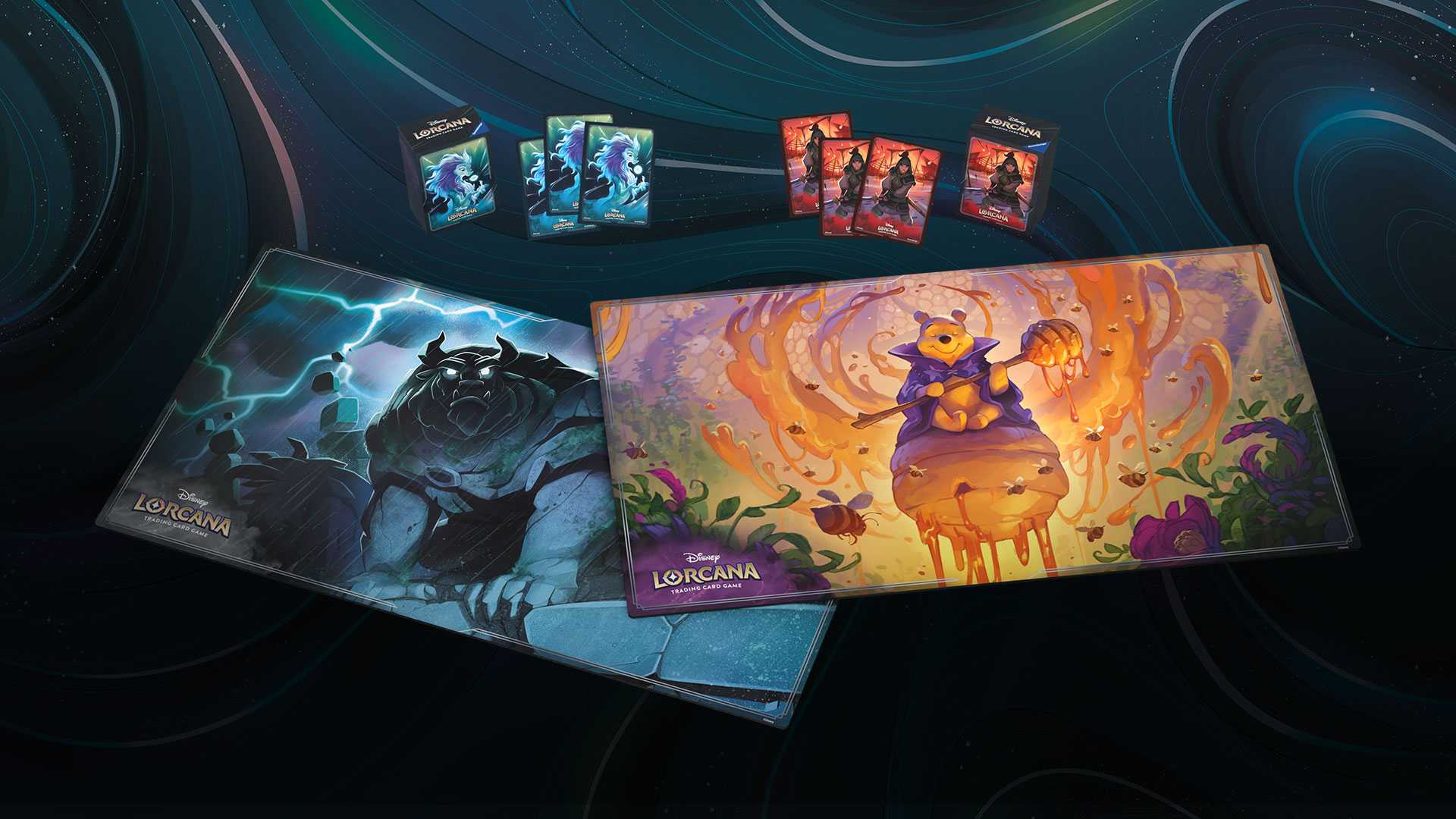2019’s Jedi: Fallen Order was both a critical and commercial hit for publisher Electronic Arts, racking up sales of over 10 million copies and reaching more than 20 million players overall (through digital access such as EA Play and Xbox Game Pass). The highly anticipated follow-up, Jedi: Survivor, is off to a red-hot start and is already pacing “very strongly” ahead of Fallen Order, according to EA’s latest earnings call. Despite some niggling performance issues (especially for the PC version) that are being addressed, Survivor appears to be on track to fully eclipse Fallen Order, and its digital sales were up 30% at launch in the UK.
Developer Respawn Entertainment has given Star Wars fans plenty to chew on by staying true to the lore and canon of Lucasfilm’s blockbuster franchise. In terms of timeline, Survivor’s story is concurrent with the Disney+ show Obi-Wan Kenobi, falling right before the events of the first film, A New Hope. Disney has also kept fandom strong with shows like The Mandalorian, Andor, Star Wars: Visions, and the upcoming Star Wars: Ahsoka.
According to Interpret’s New Media Measure®, Star Wars fanship among US consumers sits around 31%, but it’s even higher specifically among gamers, both casual (1+ hours weekly) and heavy (10+ hours weekly), jumping up to 34% among the latter. Once gamers are done with Survivor, there’s plenty more on the horizon to look forward to as several different developers are currently tapping into the four-plus decades-old franchise with Star Wars games of their own.
There are currently seven more games in development, including Star Wars: Eclipse from Heavy Rain studio Quantic Dream, a strategy game from Bit Reactor, a first-person shooter from Respawn, a mobile title from Zynga called Star Wars: Hunters, a cinematic action-adventure led by Amy Hennig at Skydance New Media, a project spearheaded by Ubisoft’s Massive (The Division), and a remake of the oft-praised RPG Knights of the Old Republic from Aspyr. Naturally, having a license to work on Star Wars doesn’t guarantee quality or success – and there have been more than a handful of bad Star Wars games over the years – but it certainly offers a leg up given the levels of fanship we’re seeing for the cherished IP.
Moreover, Disney has been keen to oversee Star Wars games to ensure a certain level of quality. “We’ve got a team of professionals here at Lucasfilm Games who can work with the developers, shape the stories, shape the creative, shape the games, to make them really resonate with fans,” Douglas Reilly, VP of Lucasfilm Games, said in 2021.








